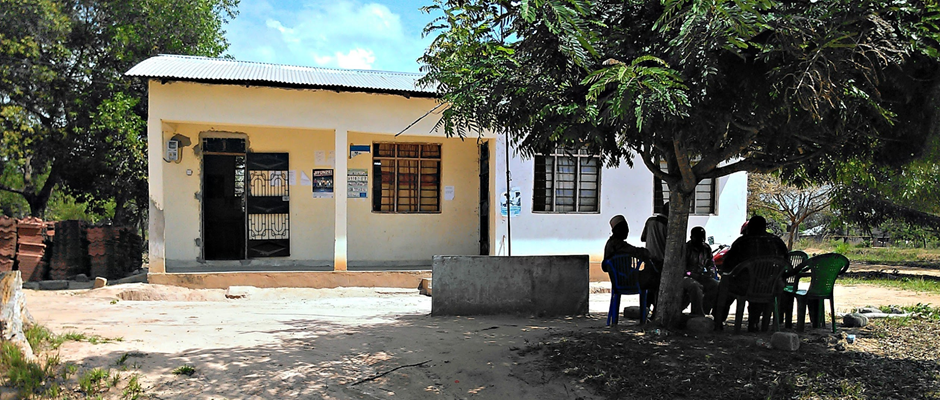
Zambia is among the many developing countries which have embarked on decentralisation reforms of their administration systems in order to improve efficiency in public service and to strengthen local decision-making processes.
Decentralisation of functions to councils is one key reform programme that is currently being implemented by the government, with the ultimate goal of creating efficiency in service delivery. By now, everyone is familiar with the decentralisation programme and these articles are meant to strengthen information sharing and stakeholder awareness raising in line with the Decentralisation Implementation Plan (DIP).
Reading the previous articles on decentralisation, one may have noticed that these were more general pieces of literature on decentralisation. However, with devolution having commenced by Circular No. 10 of 2014, the Decentralisation Secretariat will henceforth focus on specific sector reforms taking place in each sector within the context of devolution.
In this article, the author wish to highlight salient issues in the health sector devolution process in order for the general public to appreciate the implications on assets, human and financial resources as we devolve functions in the sector. The Health Sector Devolution Plan is one of the 10 that were approved in May 2016.
Read the full article on Zambia Daily Mail:
part 1: introduction
part 2: functions to be devolved to councils.
Coreen Chooye-Mvula is Assistant Director (Communication) of Zambia’s Decentralisation Secretariate Cabinet Office.





